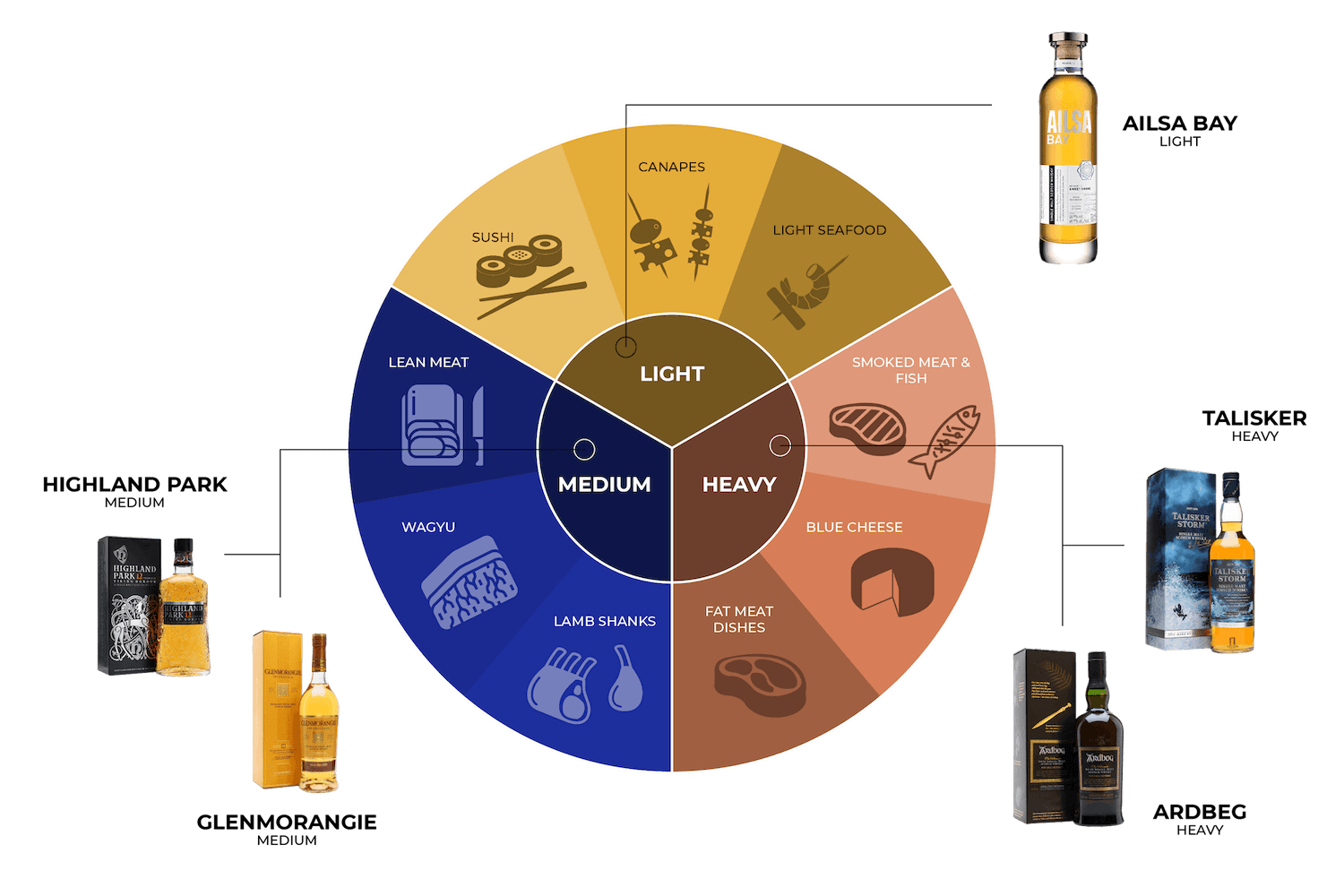It’s not easy to be called a producer of Scotch whisky and those wishing to achieve this coveted distinction must adhere to a number of strict rules and regulations.
Some of these rules include that the product has to be aged exclusively in oak barrels for at least three years in Scotland, not contain any additives, except for water and caramel, and finally, the age marked on the label must be the age of the youngest whisky in the bottle, otherwise known as “guaranteed age whisky”.
These rules are clearly defined and rigorously followed, with good reason, as some bottles of Scotch whisky are numbered amongst some of the most prized distilled spirits in the world.
It should be noted, however, that these laws are those set in the UK and so, when considering bottles of Scotch on sale in other parts of the world, it is important to always consider local laws in place around product labelling and information.
For more on the rules, read this useful article.
Chances are, if you hang around whisky connoisseurs enough, you’ll inevitably be dragged into the age old argument of whether single malt whiskies are superior to blended whiskies or whether they both fall to those whiskies made with grain.
This question is being debated across the world but before beginning to try and answer it, let’s first understand the differences between each style.
To make malt whisky, a distiller combines and distills malted barley, water, and yeast inside of a huge copper pot still before removing it and maturing the liquid inside of oak barrels for a minimum of three years.
To be called a single malt whisky, the malted barley distillates used in the final bottle needs to have come from a single distillery.
Grain whisky uses malted barley mixed with unmalted barley and other cereals, such as wheat or corn, alongside water and yeast inside of a tall column or Coffey still, which distills more whisky at a much higher alcohol content.
To be called a single grain whisky all of the grain distillates used in the final bottle must come from a single distillery.
Blended whisky is the intricate and extremely difficult process of combining different malt whiskies with other grain whiskies to create a completely new and unique whisky that is unlike anything else.
The grain distillates used in the final bottle of whisky sold can come from any number of distilleries across Scotland.
Consider our helpful Scotch whisky guide below for a quick and easy outlook of the various styles.
For additional explanation, consider this guide by the famous Scotch whisky brand Johnnie Walker.
| Single Malt Scotch Whisky |
|
|---|---|
| Single Grain Scotch Whisky |
|
| Blended Scotch Whisky |
|
| Blended Malt Scotch Whisky |
|
| Blended Grain Scotch Whisky |
|
Many connoisseurs will scoff at the notion of enjoying your Scotch any other way except neat.
Whilst some might find this to be the only “true” way to enjoy your drink, many distillers recommend enjoying your glass of Scotch with a dash of water or a few cubes of ice, in order to unlock more of the complex flavours backing the Whisky and to make for a more approachable drinking experience.
We recommend that if you’re just starting out on your tasting journey to enjoy your whisky like this, in order to ease your way into the experience of drinking Scotch whisky.
As far as food pairings go, Scotch whisky can pair well with a variety of cuisines and dishes depending upon the specific bottle in question.
Many of the lighter whisky varietals, such as those made by Ailsa Bay in the Lowland region, match well with light foods and dishes, including sushi, canapes, and some finger foods.
Moving up the scale, medium-bodied whiskies, such as those made by Glemorangie and Highland Park in the Highland region, match well with many main course dishes, including wagyu, lamb shanks, and venison.
Finally, the heavily peated and smoked whiskies, such as those made by Ardbeg on the island of Islay, can be paired with smoked salmon and blue cheese.
There's a bottle of Scotch whisky out there for everyone. Here are some of the brands and bottles that we recommend you look out for the next time you're browsing whisky online or in-store.
You might be familiar with bourbon & Tennessee whiskey but do you know about the other types of whiskey coming out of America? Discover more in this deep dive guide.
All over the world, the craft revolution has taken control. In this deep dive guide, we shine some light on what’s happening in the world of craft vodka in Australia.
You’ve seen them on the shelves at bottle shops & bars but how much do you really know about tequila & it’s lesser-known relative mezcal? We uncover both of them in our in-depth guide.




